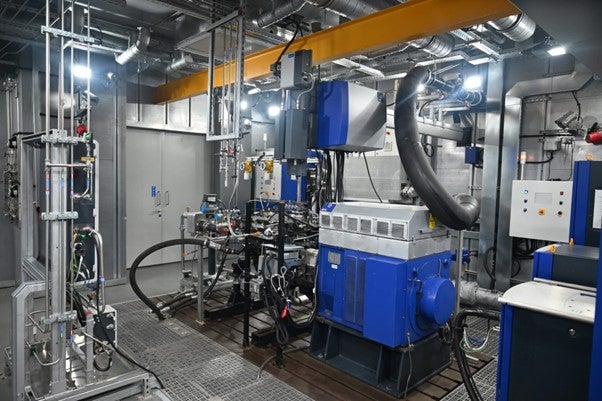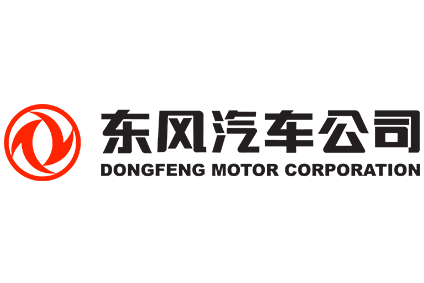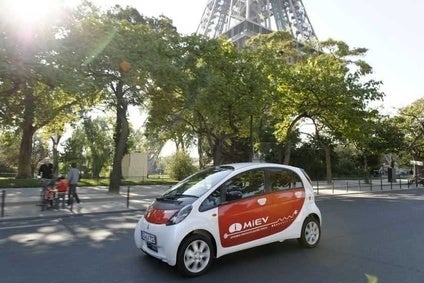New vehicle sales continued to decline in September 2023, by 16% to 62,086 units from 74,150 a year earlier, according to wholesale data from the Federation of Thai Industries (FTI).
As usual, the data excluded key brands like BMW and Mercedes-Benz.
The market had been declining since the fourth quarter of 2022 after rebounding strongly from the Covid pandemic earlier last year. GDP expanded by just 1.8% year on year in the second quarter, down from 2.6% in Q1, reflecting mainly weaker exports and slower fixed investment growth.
Domestic consumption had been underpinned by a rebounding tourism sector following the Covid restrictions while the country’s heavily indebted consumers and local businesses were feeling the squeeze of higher interest rates. Stricter lending rules were also making it harder for consumers to obtain loans.
The central bank had hiked its benchmark interest rate from 0.5% to 2.5% in little over a year.
Domestic vehicle sales in the first nine months of 2023 declined 7% to 586,870 units from 633,687 a year earlier, driven lower by particularly weak demand for pickup trucks and other commercial vehicles.
In contrast, sales of battery electric vehicles surged sevenfold to 48,725 units, boosted by the recent arrival of Chinese models, with BYD accounting for a third of segment sales year to date (YTD).
Hybrid sales rose 34% to 60,365 units YTD while plug in hybrid volume fell 2% to 1,659.
The FTI this month cut its full year domestic vehicle market forecast further to 800,000 units, from 850,000, in response to the continued sales decline but increased its estimate for battery electric vehicle (BEV) sales to 60,000-70,000 units from an earlier forecast of 40,000, driven by those new Chinese model launches.
Vehicle production rose 2% to 1,365,971 units YTD, underpinned by an 8.5% rise in export output to 809,964 as local vehicle manufacturers continued to fulfill order backlogs following last year’s supply chain shortages.
















